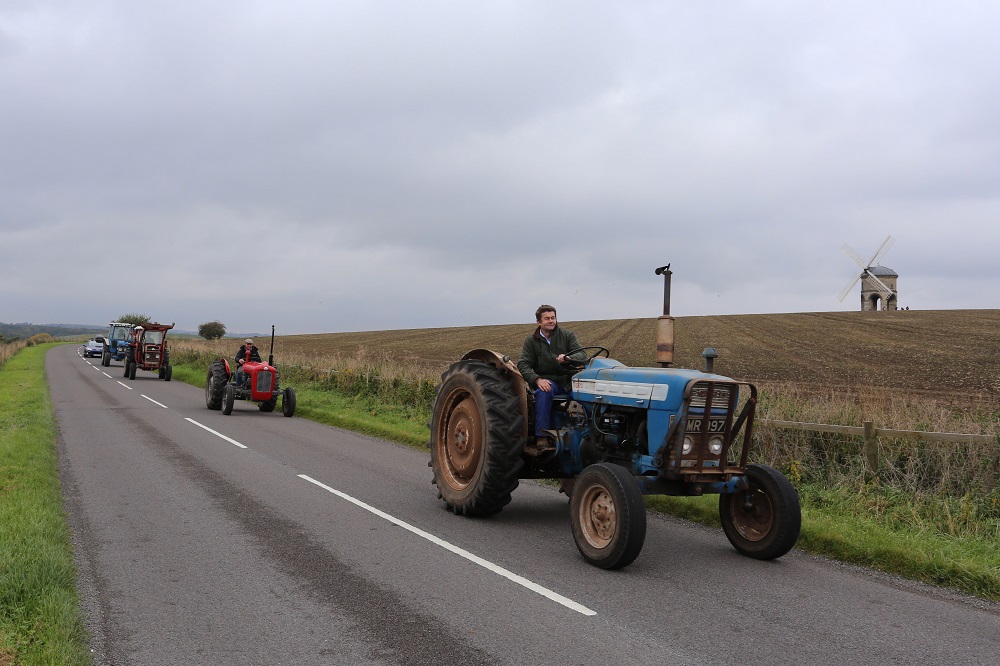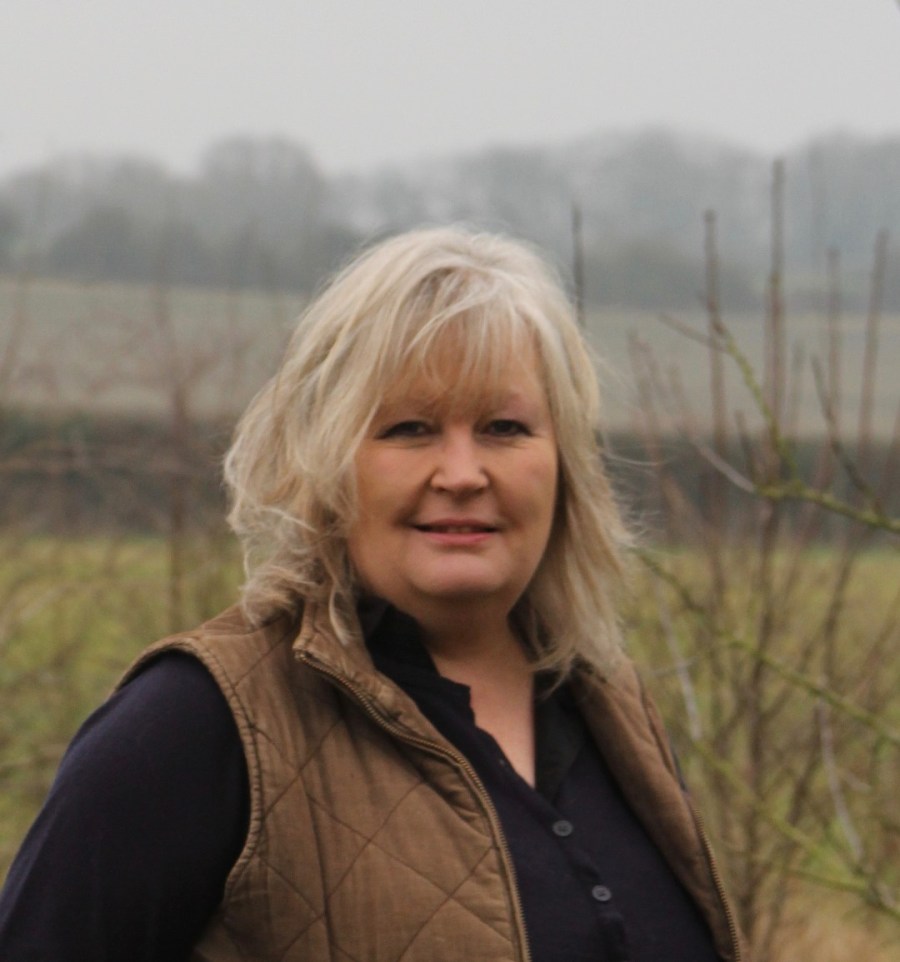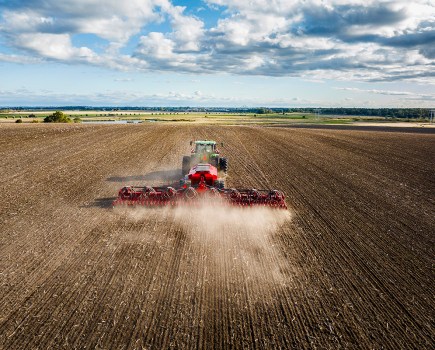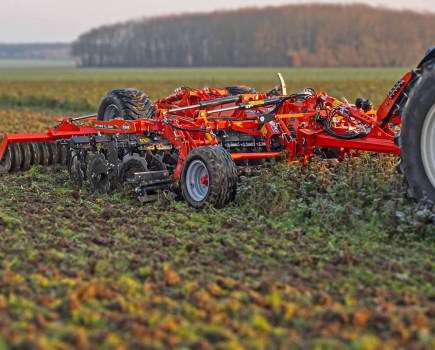Those planning to visit the Cereals Event next month will find soil health and technology a recurring theme as they stroll through the machinery lines, judging from the information exhibitors are currently sharing about what they’re planning for their stands.
There’s no doubt that technological advances have benefitted practical farming applications, such as the use of variable rate fertiliser spreading and remote diagnostics. But another theme rapidly gaining prominence is the world of big data.
Farming data – particularly accounts, farming inputs and other sensitive information – is often stored online using licensed cloud-based software. Of course, maintaining good records is of huge benefit to future business decisions, not to mention the legal obligation to maintain all kinds of records, from VAT reporting to pesticide and herbicide use, with movement records and the electronic identification of sheep being thrown into the mix if you keep livestock as well.
However, in some cases companies providing these services also use or share data, sometimes called data mining, to provide aggregated information. This is generally because detailed analysis of the mass of data farmers have gathered can provide significant information for other industry players and researchers as well as allowing farmers to benchmark their own performance against that of other producers.

The world of big data seems a far cry from the tractors being fired up for the annual open day and tractor run.
All the apps, software programmes and cloud storage or whatever else is used in or out of the farm office have proven to be invaluable to huge numbers of users, saving time and money. Also in the case of some of the pest or weed-identification apps, providing an instant answer to what can be a worrying problem.
But when signing up to a free app, and even more complex subscription services, often overlooked is the small print. This can often open users up to data mining that companies may undertake, and there’s usually an opt out of the practice if preferred.
Data privacy and the practice of data sharing can be a concern to many farmers who don’t want outside parties to access information about how their individual business runs, in particular their cost structure, even if it is anonymous once shared.
Data protection legislation ensures any data passed on to third parties is anonymous, unless consent is specifically provided. Nonetheless, even when aggregated, there are valid concerns about the sharing of farmers’ data.
It’s generally accepted that when you sign up for a web-based service such as Google or Facebook, your on-line habits will be captured and used to sell you specific goods and services, for example. Most people would regard the benefit of the free service outweighing the intrusion.
But can the same be said for access to sensitive business financial data? In many cases, when the software that manages it was originally purchased, the internet didn’t even exist. The prospect that the data might one day be mined and aggregated wouldn’t have occurred to the software sellers, let alone their customers.
The potential benefits of sharing data to enable better provision of agronomy advice and research, as well as providing good benchmarking information, are huge, however. So what’s important here is that those farmers who have generated the data in good faith do receive genuine and commensurate benefits by sharing it. It’s also key that the data gatherers don’t betray the trust the agricultural community put in them to look after their information.
Data protection aside, I have to admit that the technology of the joined-up farm seems a far cry from the old tractors we’ve been firing up as we prepare for our annual open day and tractor run.
The sight of my husband out on a Fordson Super Major having a run around the field, just for fun because the sun is shining gladdens my heart, as does the Ford 7000 coming out from the back of the tractor shed. Having learnt to drive on an old Cropmaster and then spending many hours muck carting with my father’s old Ford 5000, it stills gives me as massive kick to have a spin around on our Ford Force 5000.
There’s no data to mine with these tractors, nor information to transfer to the cloud and share with who knows whom. But it’s an opportunity to reminisce with machinery that has a level of honesty and loyalty about it.




